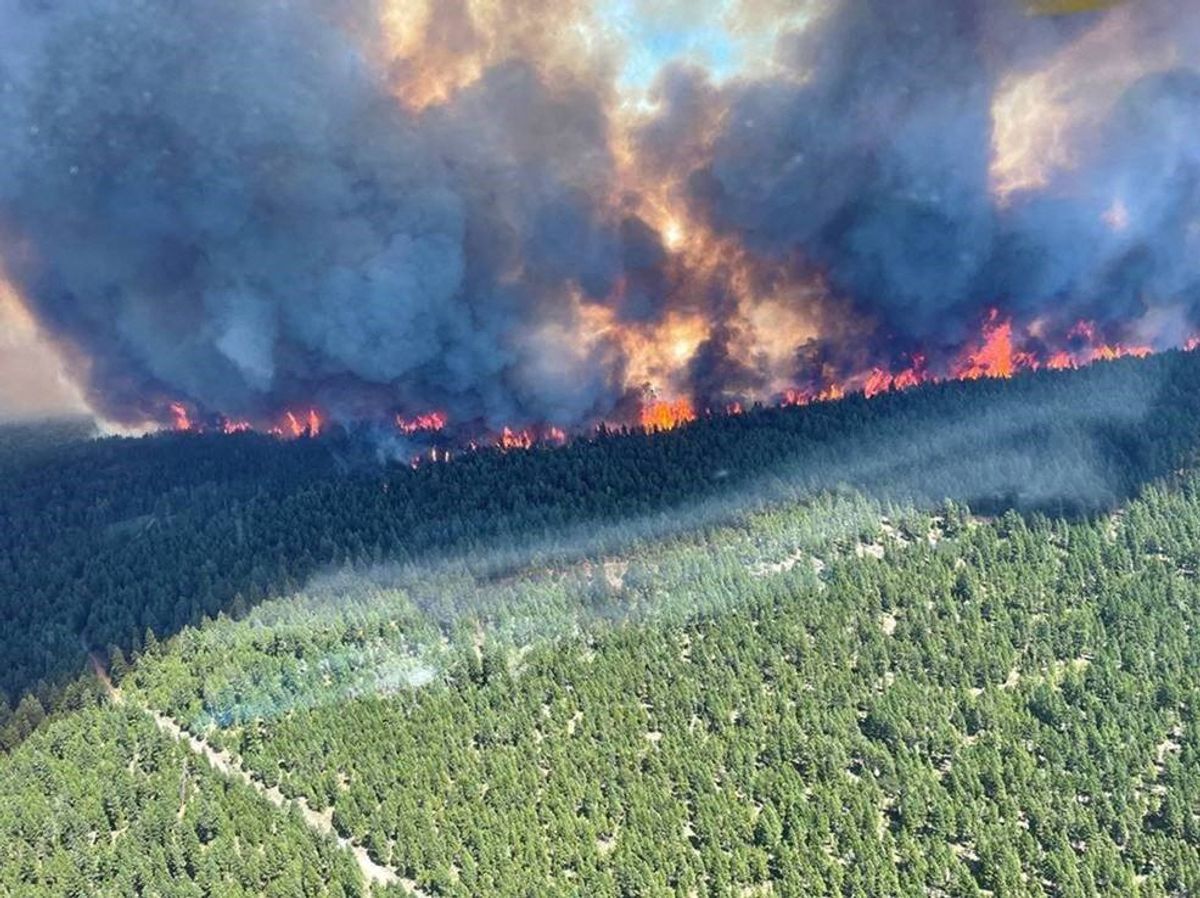One of Eurasia Group’s Top Risks is El Nino, the climate warming event that is triggering storms, floods, and fires and helping make this the warmest year on record. This will come as no surprise to most of you, who are either prepping for a weather event right now or having flashbacks to choking on smoke from the Canadian wildfires. The politics of climate change get repetitive and, frankly, can be boring— “yeah, yeah, we need to do something about global warming, but dude, have you seen the cost of housing these days …” Fair point. which is why the connection between the real cost of weather events and housing is so critical to keep in mind.
According to the Insurance Bureau of Canada, Canada’s insured damage from natural disasters and severe weather events in 2023 topped CA$3 billion dollars for the second year in a row. It was the fourth-worst year in history, and the effects are driving up the costs of insurance.
And this is where it gets scary. Right now, more than 1.5 million homes can’t get affordable flood insurance, IBC says. If risk costs for fires and floods go up much more, some places in North America will simply be uninsurable – unless governments step in, and that is truly costly. In a time when there is a housing shortage and costs are already sky-high, how can people build or buy a home if they can’t get insurance?
“As homeowners struggle with affordability challenges across Canada and the US, rising insurance premiums compound their difficulties,” says Craig Stewart, president of IBC. “However, this pales to the financial difficulties they face if insurance is unavailable, they suffer a flood or wildfire, and their home is damaged or destroyed. As climate change–driven events escalate and insured losses increase, insurers are taking a much closer look with improved data and, in some cases, AI, to flag high-risk regions of North America. New builds in high-risk areas will face difficulty in getting insurance and, possibly, financing as these trends continue.”
Insurers are looking at the last El Nino event in 2009-2010, where, in places like California, there were over 6,000 wildfires. Rates are now so high that many homeowners there can’t get affordable insurance.
So, the El Nino storm doesn’t just mean worrying that the roof over your head might get blown away – it’s that you might not be able to get a roof at all.



















